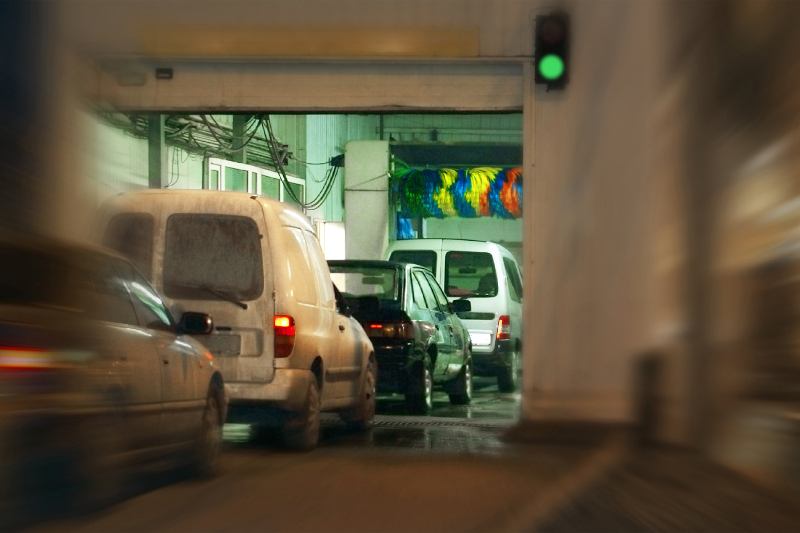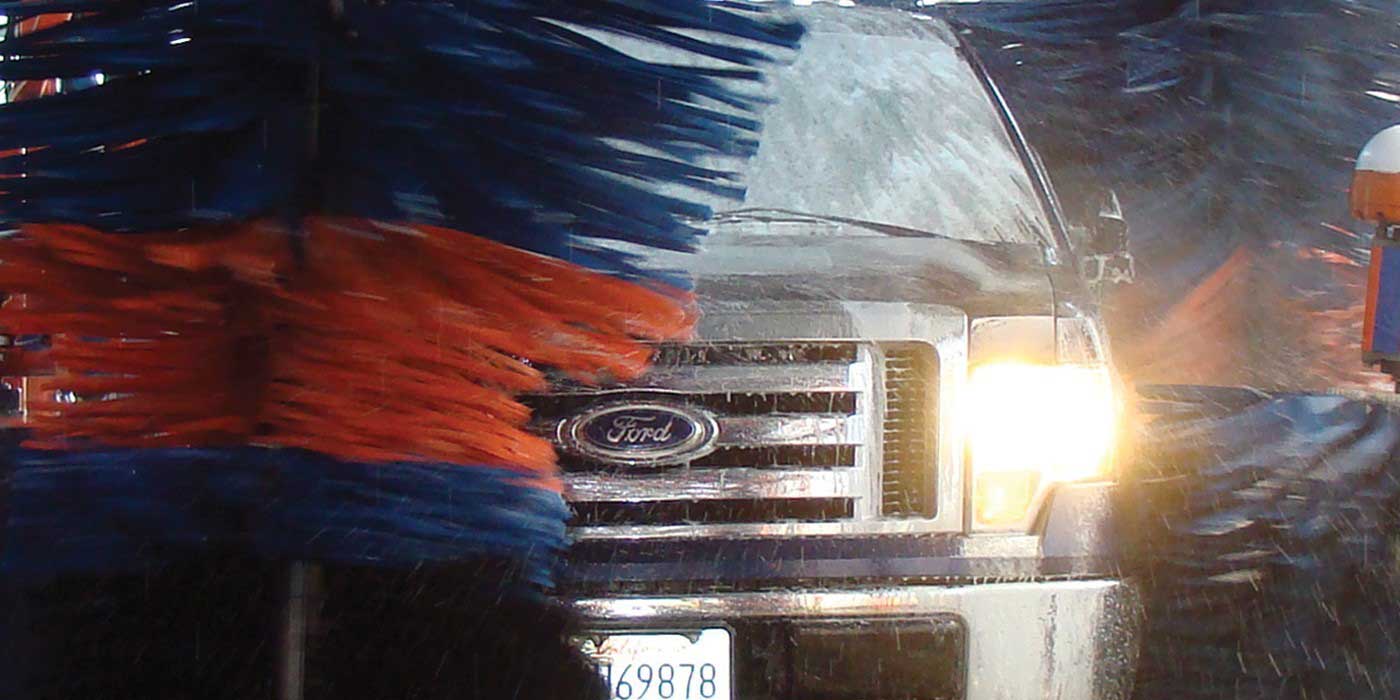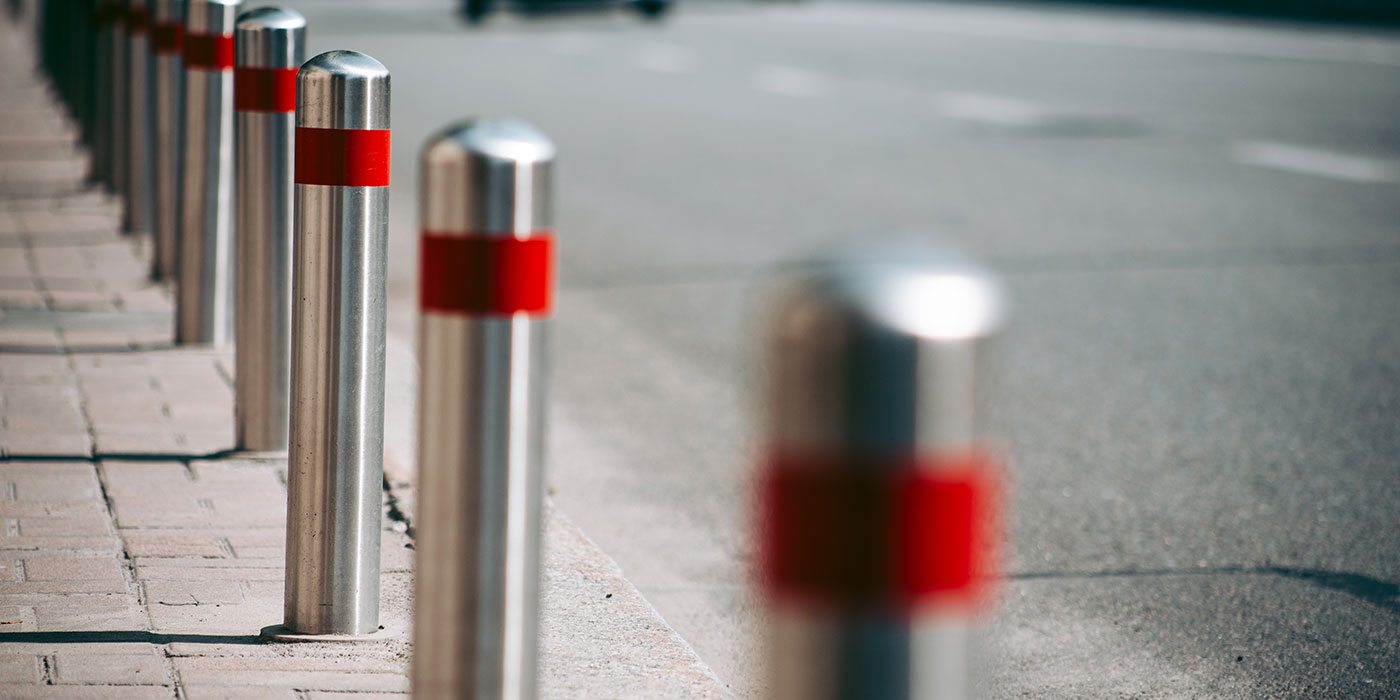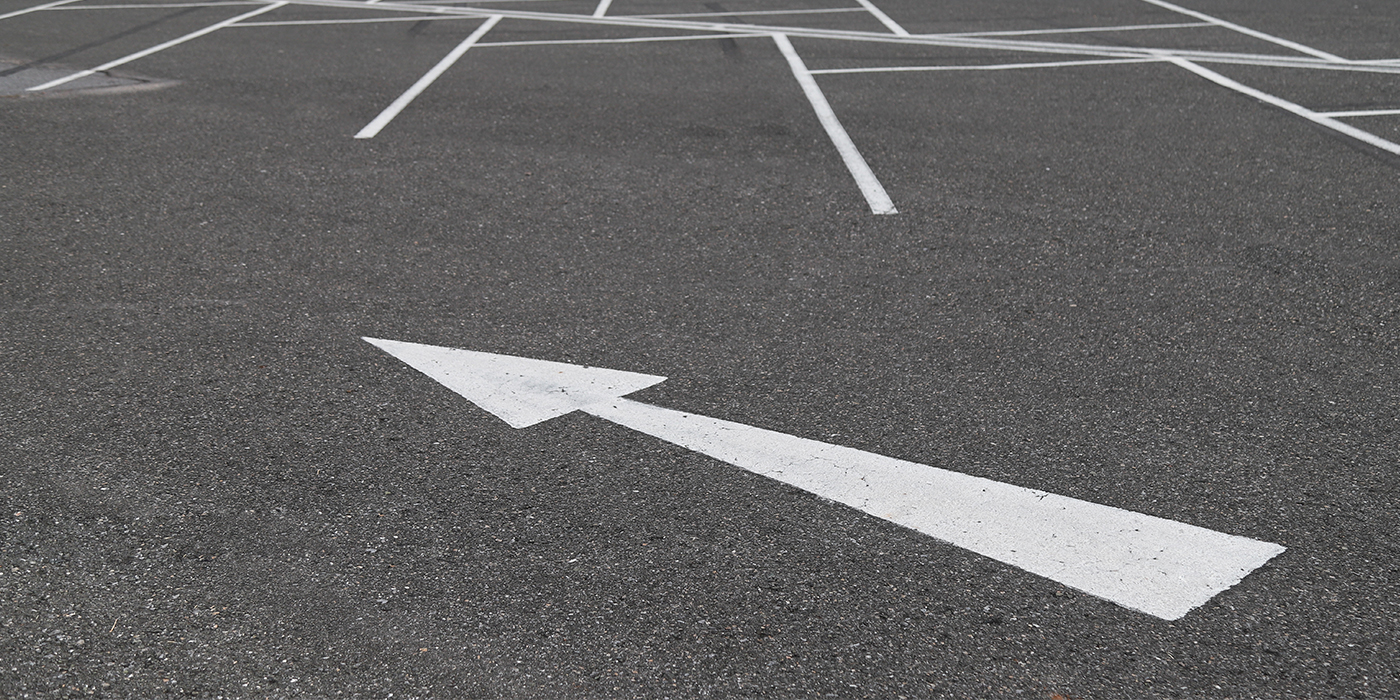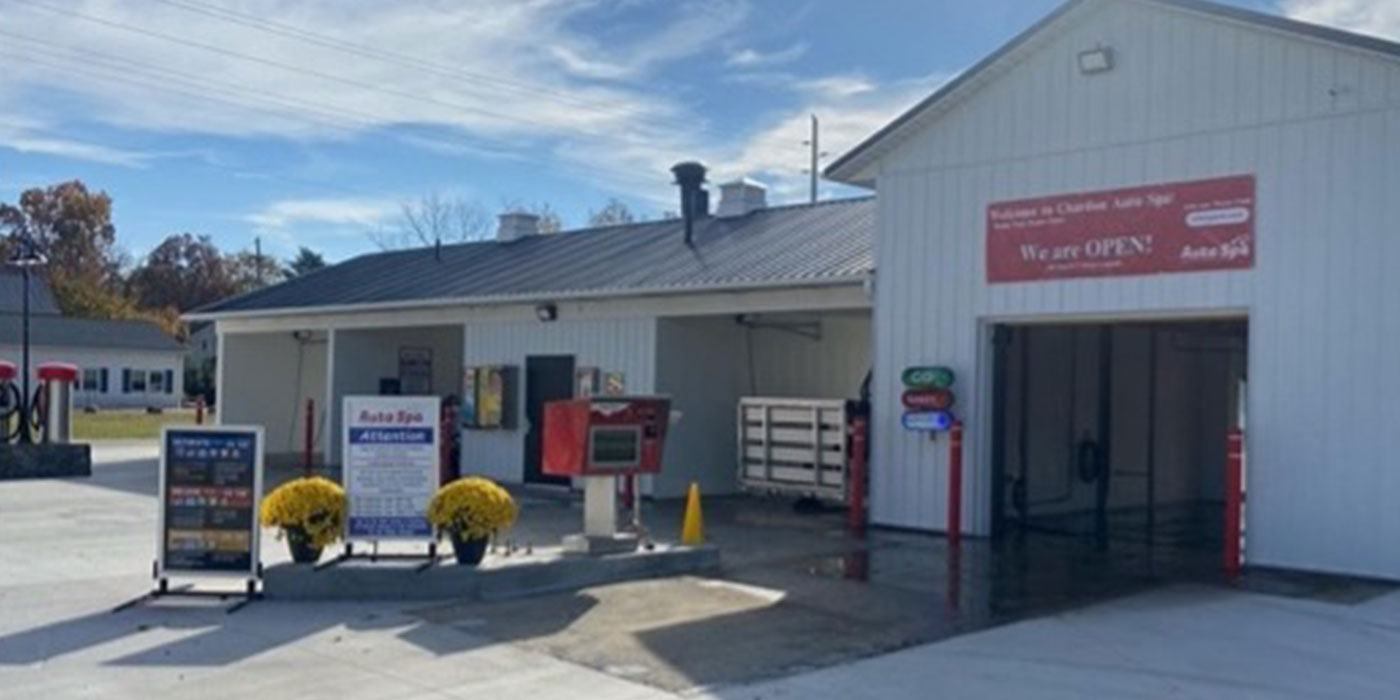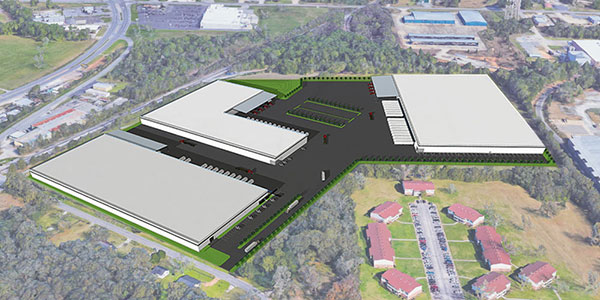To quote a segment of a conversation I recently had with an operator that oversees several tunnel washes, “Any tunnel wash that operates without an anti-collision device is crazy.”
As most of you may know, this equipment is designed to mitigate the chances of collisions at the exit of the tunnel. There are several types of machinery available to accomplish this. Ultimately, the goal is to have a system that will sense when a collision is imminent and automatically shut down the conveyor.
What are some of the advantages of this?
- Accident prevention: An operator advised that he can have more than 20 incidents in a day where the anti-collision mechanism shuts down the conveyor to avoid an accident. Consider how much damage can be done when a vehicle collides into another car. If both vehicles are high-end, an incident may result in a minimum of $2,000 in repair costs. Preventing just one of these accidents can pay for the cost of the system.
- Meeting OSHA requirements: This system can be designed to initiate a sound when the conveyor starts. Occupational Safety and Health Administration (OSHA) standards state “Conveyor systems shall be equipped with an audible warning signal to be sounded immediately before starting up the conveyor.” As you can see, the addition of the device would provide a means for complying with this OSHA standard.
- Reduced loss of income: Collisions can cause an operation to shut down and creates a loss of income. It takes much less time to reengage the system when all an operator has to do is remove the obstacle that triggered the conveyor instead of clearing up an accident.
- Tunnel exit safety: Some operators have successfully added a feature to alert employees at the exit of the tunnel when a vehicle is coming off the conveyor. If any services are being provided at the exit, this can assist carwashes with keeping those workers alert.
It is important to remember that anti-collision equipment is installed with a specific function. When the human element intervenes and overrides the system, serious consequences are possible. An example of this may have occurred at a wash where an employee was thought to have manually overrode the system to prevent interruptions brought about by the anti-collision system. Although there was no definitive evidence to support that the device was tampered with, it was not functioning properly when a car bumped into the rear of a vehicle at the exit of the wash. The vehicle surged forward to a small decline, and the resulting momentum was enough to injure the leg of an employee working in the area. Had the equipment been active and functioning properly, this accident could have been avoided. A review of the video surveillance footage confirmed that the anti-collision equipment was functioning before and after the accident. Whether this incident was the result of human error or device malfunction, it indicates how important it is that the equipment is ready to perform its intended purpose.
Carwashes can contact the vendors they work with for their POS (point-of-sale) systems to talk about adding anti-collision equipment to their tunnels. Owners and operators should discuss some of the options for safety, mentioned above, and find out if this equipment is right for their operations. Do it today, and start saving money by preventing property damage and potential personal injury.
Let us know what you think in the comments below. Has anyone had an occasion where the device failed? If so, how and why?
Remember, a safe wash protects people and profits.

